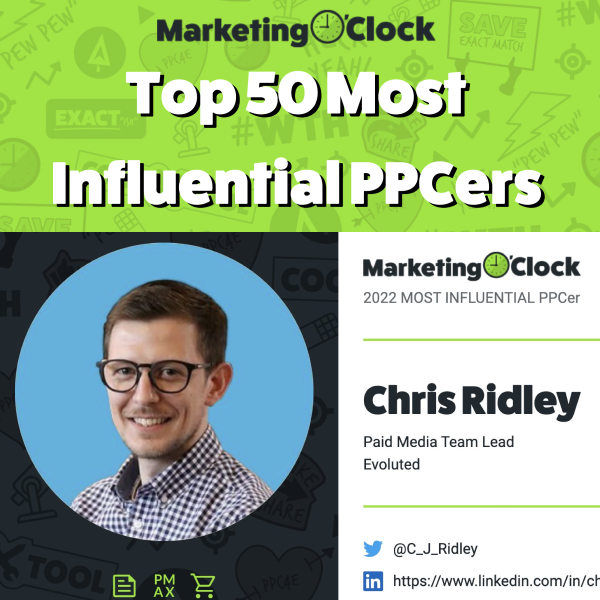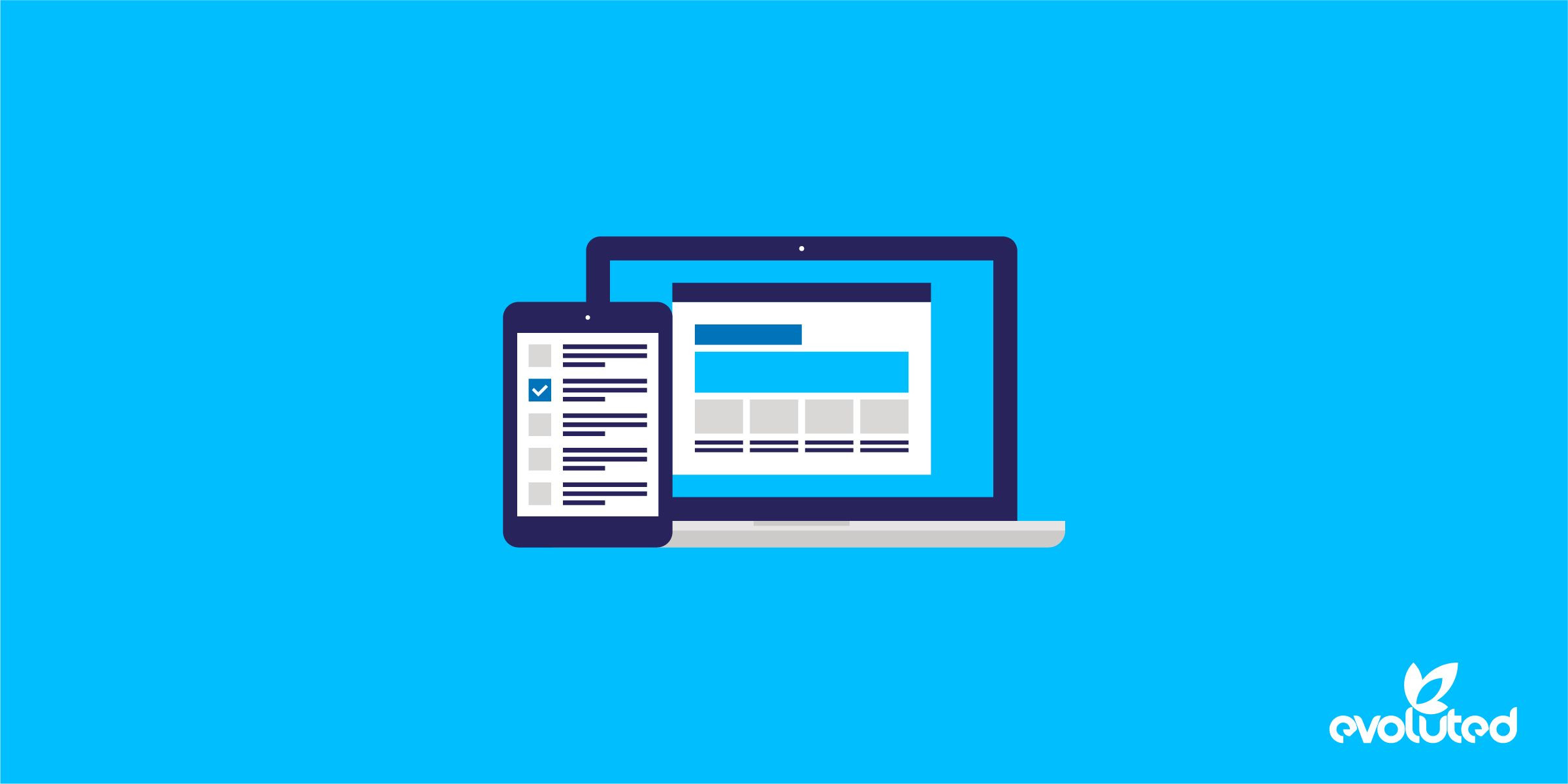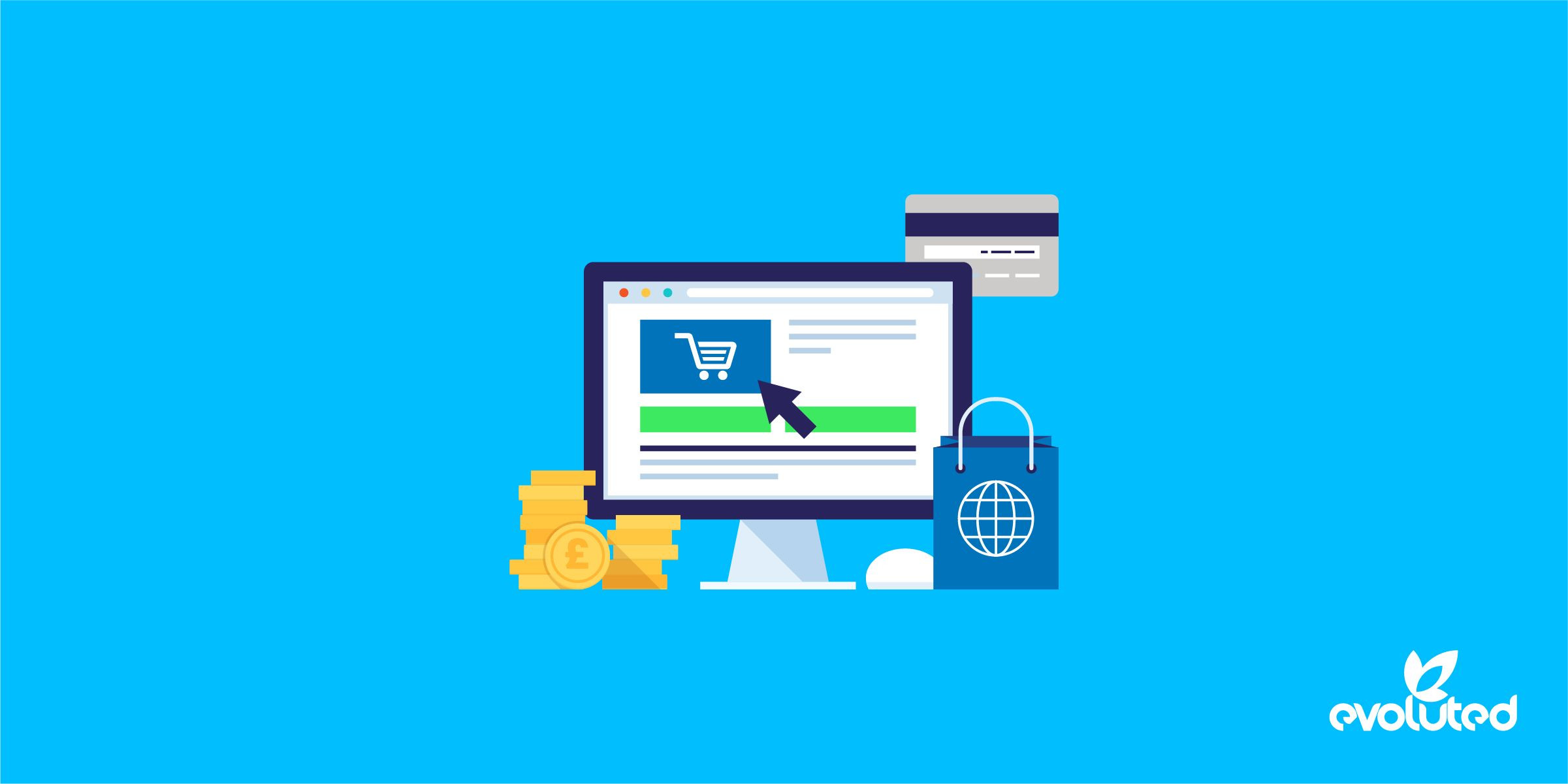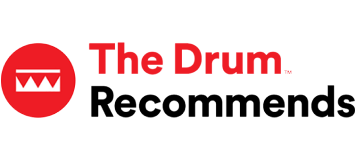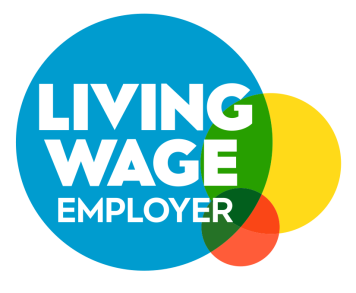Competitor brand bidding - how to protect your brand
Our previous blog looked at Competitor Brand Bidding, from the perspective of those targeting their competitors’ brands as keywords. This blog looks at the other side of this (occasionally controversial) practice and aims to help advertisers protect their brand space from competitors.

Ever given your business a quick Google only to find one of your competitors has snuck their own Google Ad in to position 1, and snapped up a sizeable chunk of your traffic? You’re not alone in your frustration.
WHY YOUR BRAND TRAFFIC IS SO IMPORTANT
If your brand is well known enough to gain a good volume of searches, your brand keywords will likely be an essential source of low-cost clicks from users with immediate conversion intent. They are looking for you specifically, so this traffic is among the most valuable to capture and safeguard.
In particular, if you use the Google Ads Last Click attribution model (most advertisers do, but should they?), your brand campaigns will have a tremendous influence on your account’s overall performance.
CAN COMPETITORS BID ON MY BRAND?
Yes, your competitors are permitted to use your brand as a keyword to target those searching for you directly. Google hasn’t budged from this policy for over a decade (despite the objections of many CEOs).
Providing an advertiser is not pretending to be you or misleading the customers, they are allowed to offer an alternative suggestion to your own.
Competitor brand bidding is often encouraged – so long as it is done within the rules - as a way to help smaller businesses grow.
It even happens to the biggest marketing juggernauts in the world. Back in 2015, Samsung snuck their way into the search rankings for “iPhone 6S” with their own alternative offering.
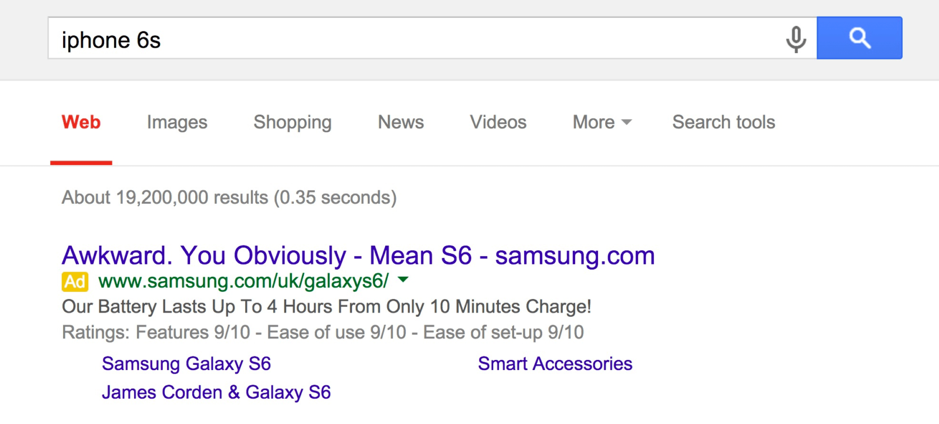
The more brand equity you have, the more you will see competitors targeting your brand. But what can be done about it?
DON'T JUST RELY ON ORGANIC BRAND SEARCHES
Firstly, if you don’t already have your branded terms built out in Google Ads campaigns, it is critical that you do so.
Even if you appear at the top of the page organically, some advertisers bidding on your brand will appear above this because of the way the Google SERP is laid out.
It might seem like a waste of money to pay for ads to appear when you are already ranking at the top organically, but if you don’t, you’re giving advertisers an opportunity to appear above you and steal your traffic through PPC.
The good news is, unless you have a crowd of competitors bidding on your brand, your own brand clicks will be really cheap.
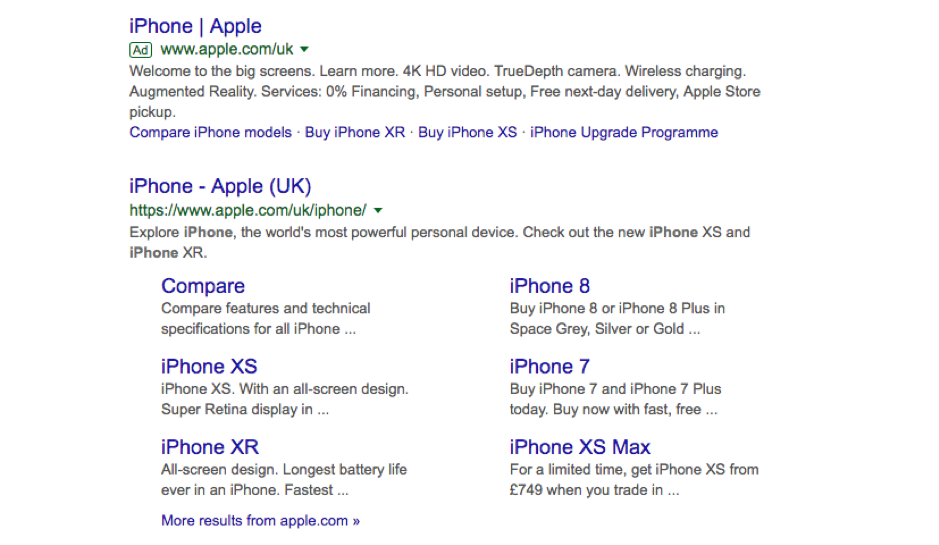
If we look at Apple as another example, you can see that they have reinforced their dominance of the first page, by appearing at the top of the page for both organic and paid listings.
REACH OUT TO YOUR COMPETITORS

While there is no guarantee it will be a success, reaching out to your competitors in the interest of fair play is a sensible action to take.
Keep it good natured, polite and brief, and you may be able to come to some kind of agreement. Avoid going on the warpath and having a heated argument, as this is more likely to escalate the problem.
Another common scenario is competitors bidding on broad match keywords without adding your brand as a negative keyword. This may cause them to target your brand without meaning to. Some competitors may simply add the negative as requested; some may not.
It isn’t worth threatening legal action over use of your brand as a keyword. Even if they don’t know already, a quick Google will tell them what they are doing is not against the rules.
Ultimately, they may simply refuse to stop, but we recommend giving them the opportunity to stop in good faith before responding.
Which brings us to…
MAKE YOUR COMPETITORS PAY MORE

While competitor brand bidding is a relatively easy way for your competitors to gain more traffic, these clicks will be more expensive for them than you.
The competitor’s landing page should be significantly less relevant than your own, as should their ads. This means their click-through-rate and quality score will be lower than yours. The result of this will be a more expensive cost-per-click for them, and a higher cost-per-action.
It should be easy for you to outbid your competitors. While this will inflate your own CPC, it will force your competitors’ CPC up even more.
TRY AN AUTOMATED BID RULE
One way to make sure your brand ads are consistently positioning better than your competitors’ ads are is to set up an automated bidding rule. With these rules, you can adjust your bids automatically on a daily or weekly basis to ensure your average position is 1.
TARGET YOUR COMPETITOR'S BRAND TOO
If you have been unable to reach an agreement with your competitors to stop bidding on your brand, consider targeting their keywords in return.
This will have a similarly negative impact on the performance of their campaigns. If this causes them problems, you may be able to come to a of mutual agreement to leave each other’s brand space alone.
Again, there is no guarantee that this will work. If your brand gets a lot more searches than theirs, they may see the traffic lost from their own brand as acceptable to get a slice of your own.
OPTIMIZE YOUR ADS
Even though your brand has the key advantage of more closely reflecting the user’s search intent, you should still make sure your ads are as competitive as possible.
You should continually optimize your ads to ensure you are getting the optimal performance out of them. The better your click-through-rate and quality score, the harder it will be for your competitors to steal the traffic.
WHAT ABOUT USING YOUR BRAND IN ADS?
While competitors bidding on your brand as a keyword is fair game, advertisers using your trademarked brand term in their ads is not permitted, unless you have given them permission via Google.
If your brand is a registered trademark and is being used illegally by other advertisers, you can report this to Google.
You can also find the Trademark Complaint Form here.
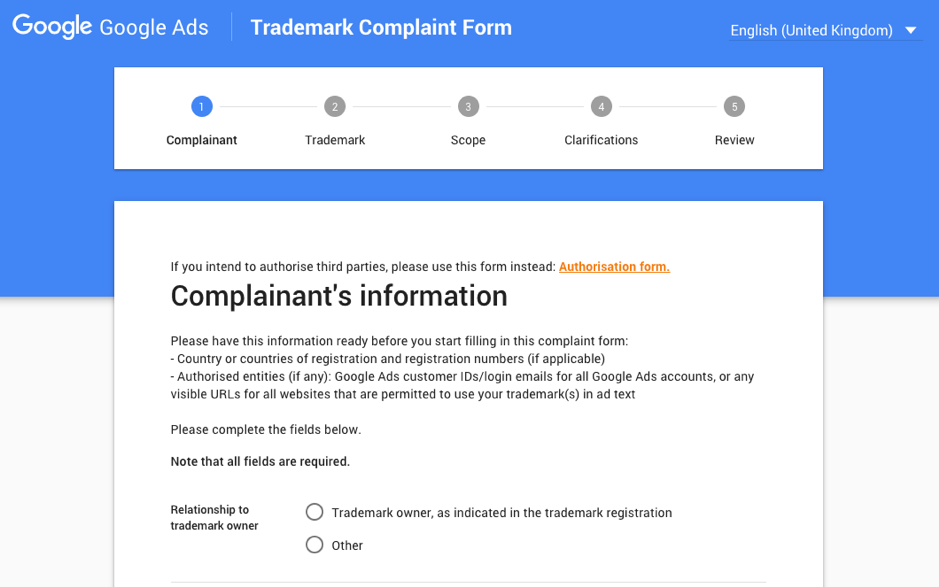
To submit a complaint, you will require the following:
Your name
Your full company name
Your company address
Your email address
Your trademark
The region where your trademark is protected
Your trademark Registration Number
Examples of the infringing ad – including Google’s tracking URL. This can be found by right clicking the ad title and copying the link address from the drop-down menu.
You will then receive an automated email from Google acknowledging your complaint. Google is not clear how long their review process is, but you should hear back within a few days.
If you do not get a response, try calling Google Support – you can find their number in the Google Ads interface under the help icon.
USE THIRD PARTY SOFTWARE

If you have a large enough marketing budget to invest in third party platforms to help with your digital marketing, brand space protection is a key area where this can help.
Third-party software, such as Adthena, can help make this job easier by automatically identifying any trademark infringements in your competitors’ ads, as well as telling you who is appearing for search terms containing your brand.
These platforms can be expensive but may be worth considering if your brand is well known and experiences a lot of competitor brand bidding.
GOOD LUCK
We hope this guide has been useful, and that it can help you protect your brand space against those who try to steal traffic from it. It is a challenge most companies with a name for themselves will face in PPC, and not one that can necessarily be prevented, but these guidelines should help you limit the damage caused to your own performance.
If you require expert support with your next PPC or Paid Media campaign, check out our Paid Media services today.


